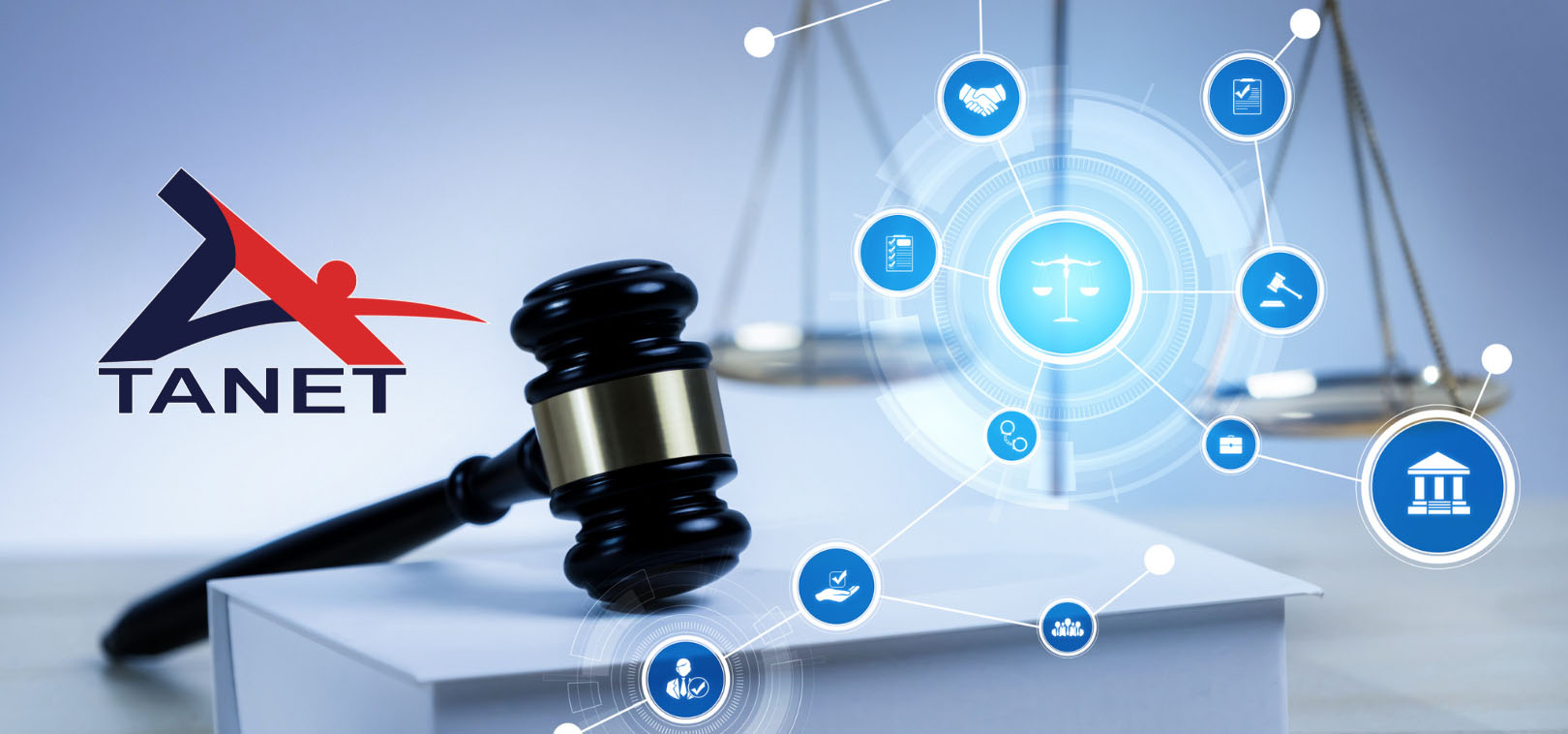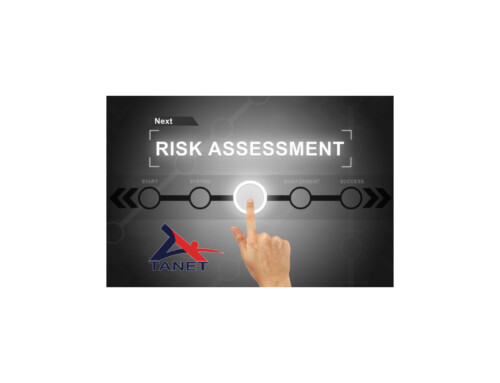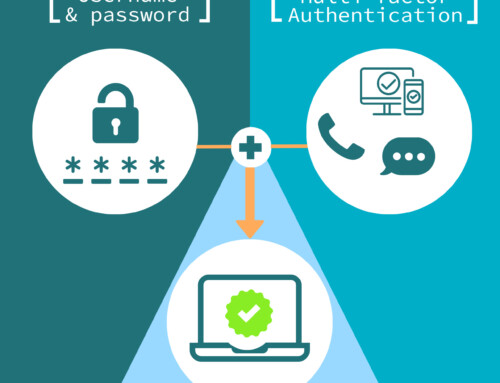In the digital age, data privacy has become a paramount concern for individuals, businesses, and organizations across all sectors. Within the legal profession, where confidentiality and trust are sacrosanct, safeguarding sensitive information is not just a priority—it’s a legal and ethical imperative. However, the nature of legal work, which often involves handling patient health information (PHI) or confidential data about corporations, presents unique challenges that can make data privacy a tricky maze to navigate. Let’s explore why data privacy is particularly challenging within law firms and how they can rise to the occasion.
The Paradox of Confidentiality
At the heart of the legal profession lies the principle of client confidentiality. Lawyers are bound by strict ethical and legal obligations to protect the confidentiality of their clients’ information. This includes not only privileged communications between attorneys and clients but also sensitive data such as medical records, financial information, and trade secrets. Balancing the need to preserve confidentiality with the requirements of data privacy laws and regulations can be a delicate dance, especially in an era of digital communication and information sharing.
Regulatory Compliance Complexities
Law firms operate within a complex regulatory landscape, subject to a myriad of data privacy laws and regulations at the federal, state, and international levels. For instance, in the United States, the Health Insurance Portability and Accountability Act (HIPAA) imposes stringent requirements for safeguarding PHI, while the European Union’s General Data Protection Regulation (GDPR) sets forth stringent standards for the protection of personal data. Ensuring compliance with these regulations, which often have overlapping and sometimes conflicting requirements, can be a daunting task for law firms, particularly those with a global clientele.
Insider Threats and Cybersecurity Risks
Despite the emphasis on external threats such as hackers and cybercriminals, insider threats pose a significant risk to data privacy within law firms. Whether through inadvertent mistakes or malicious intent, employees and contractors may inadvertently disclose confidential information, compromise sensitive data, or fall victim to social engineering attacks. Moreover, the proliferation of mobile devices, cloud computing, and remote work arrangements further complicates cybersecurity efforts, potentially exposing sensitive information to unauthorized access or interception.
Client Expectations and Trust
In an era of heightened awareness and concern about data privacy breaches, clients expect nothing less than ironclad assurances that their information is secure and protected from unauthorized disclosure. Failure to meet these expectations not only jeopardizes client trust but also exposes law firms to reputational damage, legal liability, and regulatory sanctions. To maintain client confidence and competitive advantage, law firms must demonstrate a steadfast commitment to data privacy and security, embedding privacy considerations into their organizational culture and business practices.
Strategies for Success
Despite the inherent challenges, law firms can take proactive steps to navigate the data privacy maze effectively:
Risk Assessment and Compliance: Conduct regular risk assessments to identify potential vulnerabilities and ensure compliance with applicable data privacy laws and regulations.
Employee Training and Awareness: Provide comprehensive training and awareness programs to educate employees about data privacy best practices, security protocols, and the importance of confidentiality.
Technological Solutions: Implement robust cybersecurity measures, encryption technologies, and access controls to safeguard sensitive data and mitigate insider threats.
Client Communication and Transparency: Foster open communication with clients about data privacy practices, policies, and security measures, demonstrating a commitment to transparency and accountability.
Continuous Improvement: Embrace a culture of continuous improvement, regularly evaluating and updating data privacy policies, procedures, and technologies to adapt to evolving threats and regulatory requirements.
Conclusion
In an increasingly interconnected and data-driven world, data privacy is not just a legal obligation—it’s a moral imperative. Within law firms, where the stakes are high and confidentiality is paramount, safeguarding sensitive information requires diligence, vigilance, and a proactive approach to risk management. By embracing a culture of privacy, investing in robust security measures, and fostering trust with clients, law firms can navigate the data privacy maze with confidence, ensuring that confidentiality remains sacrosanct in an increasingly complex digital landscape.
































